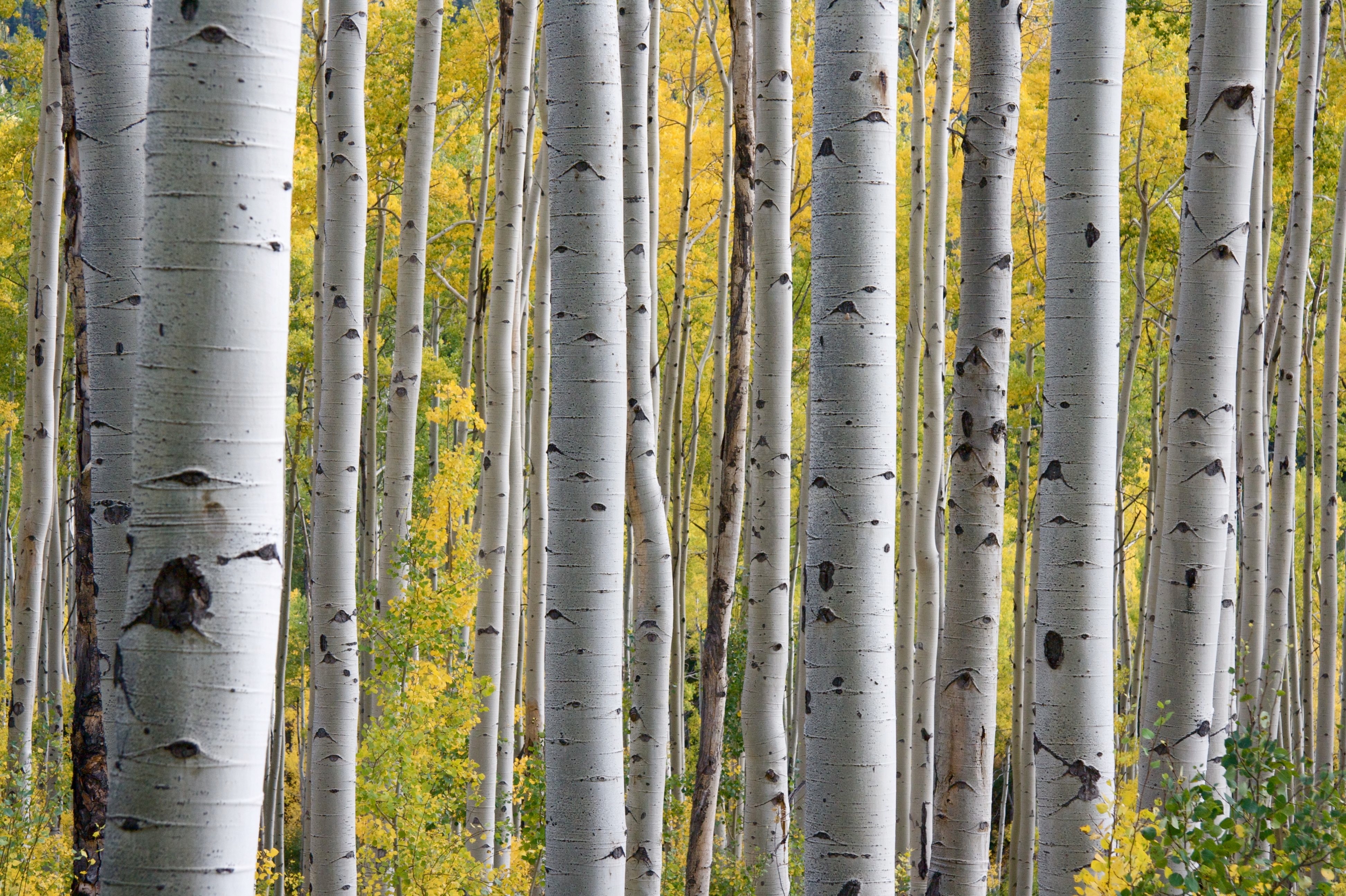Birch wood
Contents |
Introduction
The birch tree is a hardwood tree that belongs to the Betulaceae family, which includes alders and hazels. It is a thin-leaved tree that has between thirty and sixty different species.
Silver birch, Betula pendula is a popular garden tree and often hybridises with the more native UK birch, found in Scotland the the downy birch, Betula pubescens.
Eleven of the other birches are listed on the Green List of Threatened Species, some of which include the Chichibu birch of Japan, the Megrelian birch of Georgia, and the Murray birch of Ontario, Canada, and Michigan, United States.
Locations of birch
Birch is particularly common in the Northern hemisphere, such as in the United States, Europe, Russia, the Middle East, parts of China, and Japan. Around three-quarters of known birch species are located within Europe and Asia, particularly in China, Japan, Russia, and the former Soviet Republic nations, such as Kazakhstan and Uzbekistan.
In the UK, the most common type of birch tree is the silver birch – Betula pendula – and the white birch – Betula pubescens, which is native to Scotland.
Common features of birch
In the UK, the common species of birch are known for their light pallor, which is why they are known as white and silver birch. Birch is also known as a pioneer species, meaning that they are the first type of tree to colonise an area that has previously been disturbed or damaged due to a natural or manmade event.
Properties of birch wood
Birch wood is fine-grained and pale in colour, which makes it suitable for high-quality furniture. However, because it also features a satin-like sheen, it is a very popular choice for veneer and furniture making. There are some types of birch that feature ripple figuring, which is determined by how the tree grows throughout its life.
However, birch is harder than other hardwoods, such as Honduran mahogany and Red oak, meaning that it has great durability but it is also difficult to work with when using hand tools, such as carving and chipping.
Uses of birch
Even though it is a light wood, birch is strong and durable, meaning that it can be used to create a strong plywood. Birch plywood uses multiple sheets of birch veneer and is one of the strongest and most stable plywoods in the industry. It is typically used to make skateboards, which provide a stable and flexible ride.
Some species of birch, such as silver birch, have a pungent aroma which is used in leather oil and is also used in cosmetics, such as soap and shampoo. Another useful feature of birch, especially its bark, is that it is waterproof, which makes it suitable for lining wooden boats. During the time when Native Americans travelled around the United States, they used birch bark to construct lightweight canoes and bowls.
Due to its strength and lightness, birch is also good at supporting large structures. The most prolific example of this was during the Second World War when the United States built the largest flying boat ever and the aircraft with the largest wingspan in history; the Spruce Goose. Even though it is known as the Spruce Goose, it was constructed using aluminium and birch, as it was a lightweight but strong material to use at the time.
--G&S Specialist Timber 14:08, 12 Apr 2017 (BST)
Related articles on Designing Buildings
- 11 things you didn't know about wood.
- Chip carving.
- Cross-laminated timber.
- Definition of tree for planning purposes.
- Engineered bamboo.
- Glulam.
- Hardwood.
- Laminated veneer lumber LVL.
- Physical Properties of Wood.
- Plywood.
- Softwood.
- Testing timber.
- The differences between hardwood and softwood.
- Timber.
- Timber preservation.
- Timber vs wood.
- Types of timber.
- Walnut.
- Wood ash.
Featured articles and news
Homes England creates largest housing-led site in the North
Successful, 34 hectare land acquisition with the residential allocation now completed.
Scottish apprenticeship training proposals
General support although better accountability and transparency is sought.
The history of building regulations
A story of belated action in response to crisis.
Moisture, fire safety and emerging trends in living walls
How wet is your wall?
Current policy explained and newly published consultation by the UK and Welsh Governments.
British architecture 1919–39. Book review.
Conservation of listed prefabs in Moseley.
Energy industry calls for urgent reform.
Heritage staff wellbeing at work survey.
A five minute introduction.
50th Golden anniversary ECA Edmundson apprentice award
Showcasing the very best electrotechnical and engineering services for half a century.
Welsh government consults on HRBs and reg changes
Seeking feedback on a new regulatory regime and a broad range of issues.
CIOB Client Guide (2nd edition) March 2025
Free download covering statutory dutyholder roles under the Building Safety Act and much more.
Minister quizzed, as responsibility transfers to MHCLG and BSR publishes new building control guidance.
UK environmental regulations reform 2025
Amid wider new approaches to ensure regulators and regulation support growth.
BSRIA Statutory Compliance Inspection Checklist
BG80/2025 now significantly updated to include requirements related to important changes in legislation.
























